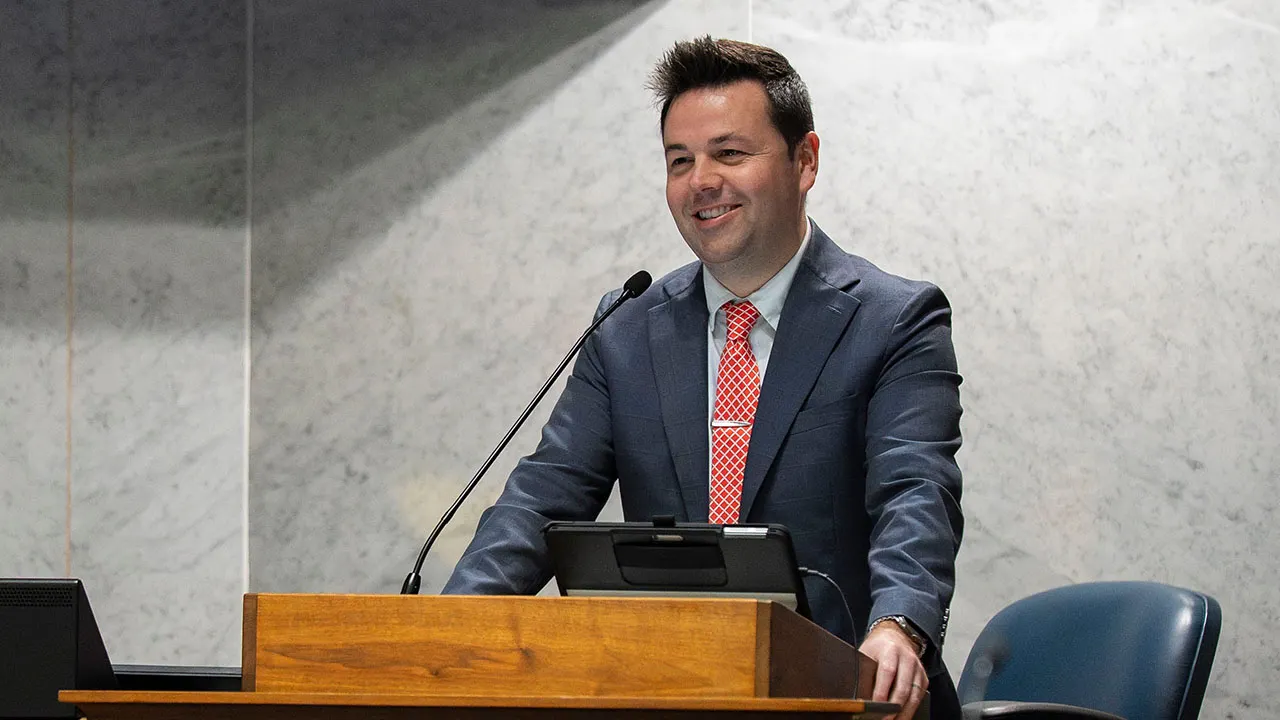In terms of the changes that were taking place And I am sorry that they Are finding themselves in this situation based on assurances they got from me It’s very easy for a politician to stand up before voters and say “Health care is a right,”
And then passionately advocate for single-payer, or free healthcare, Or Medicare for all–whatever term they might use But before we consider the merits of the government managing your healthcare, And that’s what this all boils down to, Maybe we should ask a more basic question. What do we mean by healthcare?
Because if you get sick, and here we’re talking major illness, Or you’re in serious pain, you don’t just want healthcare. You want quality healthcare. And where’s your best chance of finding that? The answer is right here in America. For skilled doctors, cutting edge medical treatments, and care without long delays,
No other country rivals the United States. Not even close. Nobody from Texas is going to Canada for medical treatment, It’s almost always the other way around. Sure. Our healthcare system has lots of issues, and we should address them. But do we really want to abandon all the ideas that we do have,
And start from scratch? Because that’s what would have to happen if we completely turn healthcare over to the government. So, let’s imagine we make the change. We hear a lot about how great free healthcare would be, But it’s only fair we look at the downside.
The first is that government-run healthcare takes medical decisions away from patients, That means you, And puts them in the hands of bureaucrats. They decide, for example, how many MRI machines are going to be available. Or under what conditions you can get back surgery, or a bypass,
Or even whether you qualify for cancer treatment. That’s how it works in the United Kingdom under it’s single-payer system. Because it has finite resources, the national health service, or NHS, Sharply restricts access to treatments like hip and knee replacements, Cataract surgery, and even prescription drugs to deal with common conditions
Like arthritis and diabetes. If you suffer from any of these ailments, and many others in the U.K., You may just have to live with the pain. And let’s hope you don’t have a medical emergency. In a January 2018 article in the New York Times, Patients in emergency rooms around London are described as
“Having to wait 12 hours before they are tended to… Corridors are jammed with beds carrying the frail and elderly…” To deal with the situation, “hospitals were ordered to postpone non-urgent surgeries Until the end of the month…” That hardly seems like an improvement over what we have in the U.S.
A second big problem with single-payer systems is that they are expensive. Really expensive. A recent study by the Mercatus Center at George Mason University Found that a Bernie Sanders style Medicare for all health system Would cost a tidy 32.6 trillion dollars over 10 years.
That’s on top of what the federal government spends on healthcare today. And this is not a new number. Other studies have found the cost to be roughly in the same range. So, how would we pay for it? Kenneth Thorpe, a professor at Emory University and health policy official in the Clinton administration
Spells it out. “If you are going to go in this direction, Medicare for all, the tax increases are going to be enormous.” “Not just for the rich,” Thorpe estimates, “but for working Americans and the poor, too.” Charles Blahous, the author of the Mercatus study, puts it this way:
“Even a doubling of all projected individual and corporate income taxes Would be insufficient to finance these added federal costs.” And he considers that a conservative estimate. Canada knows all about exploding healthcare costs. In Ontario, the country’s biggest province, those costs took up 46 percent Of it’s entire budget in 2010.
By 2030, that number is projected to be 80%. In other words, in a few years, Ontario will have little money to pay for anything EXCEPT healthcare. Finally, and perhaps most importantly, Government-run systems depress the search for new cures. Biomedical research spending in the U.S. far outpaces that of any country With nationalized healthcare.
Even when you account for differences in population or size of economies. That’s one reason medical breakthroughs rarely come from countries Where the government controls healthcare. They come from the United States, where the government doesn’t. The lions share of biomedical research and development spending in the U.S.
Over 70 billion dollars in 2012 comes from the private sector. Discovering new medical cures and technology is a profitable business. And thank goodness it is. Those profits drive innovation; Take away the profits, and you will surely take away the innovation. Single-payer, free healthcare, Medicare for all, They might sound great.
But like all visions of Utopia, they ultimately produce a lot more harm than good. I’m Lanhee Chen, fellow at the Hoover Institution at Stanford, for Prager University.

































 Reaction & Commentary
Reaction & Commentary











